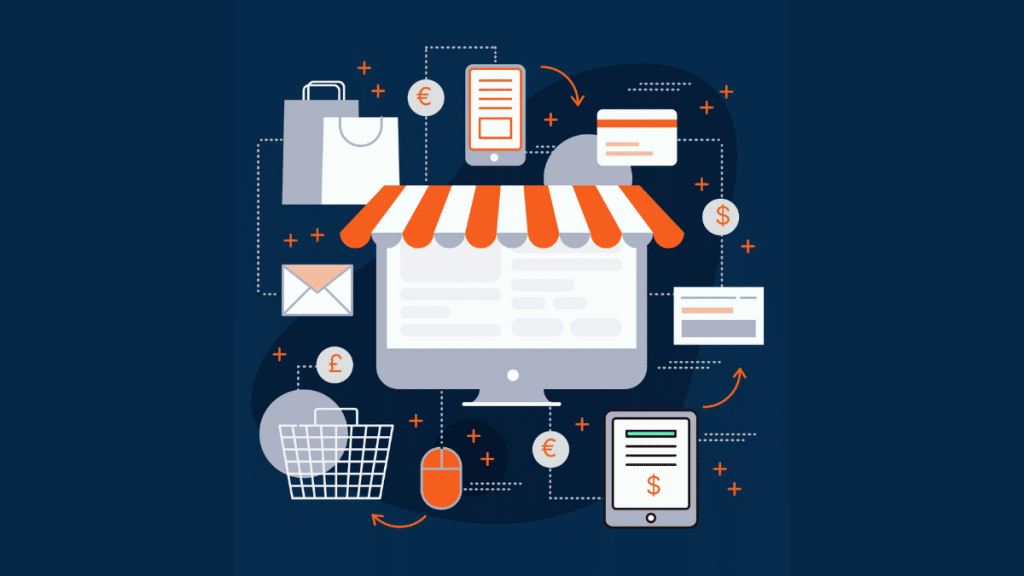In the digital age, selecting the right type of database can determine whether an application soars or stumbles. With rapidly evolving tech stacks and data demands, learning from real-world applications like streaming services and e-commerce platforms offers essential insight into data architecture. These two sectors—seemingly unrelated— highlight key lessons in understanding when to use relational vs non relational database structures.
Understanding the Core Needs
Streaming services like video and music platforms are focused on rapid content delivery, scalable user personalization, and massive amounts of unstructured or semi-structured data such as metadata, user preferences, and logs. On the other hand, e-commerce platforms deal with well-defined relationships—products, customers, orders, inventory— where data integrity and consistency are paramount.
These contrasting needs set the stage for understanding different database types. Relational databases (SQL) offer structured, schema-based storage ideal for consistency and relationships. In contrast, non-relational databases (NoSQL) offer flexibility, speed, and scalability suited for large-scale, distributed systems.
Lesson 1: Schema Flexibility vs. Data Integrity
Streaming platforms often prioritize schema flexibility. New data types—behavioral logs, viewing patterns, and recommendation matrices—are generated continuously. Non relational databases offer document-based or key-value models that can evolve without extensive redesign.
E-commerce, however, benefits from strict data integrity. Orders tied to users’ payment details linked to invoices—these relationships need enforcement. A relational model ensures that one change in a table doesn’t lead to inconsistencies elsewhere. For example, deleting a product from the catalog should not invalidate order records.
Lesson 2: Real-Time Performance vs. Transactional Safety
When users expect real-time movie recommendations or dynamic playlist updates, milliseconds matter. Non-relational databases often offer faster writes and better performance under heavy, unpredictable loads. They also support horizontal scaling more effectively, essential when millions of users are concurrently streaming content.
E-commerce platforms, however, require transactional reliability. You can’t have a system that sells an out-of-stock product or loses a payment record mid-transaction. ACID compliance, a strength of relational databases, ensures that transactions are processed reliably, even when multiple users interact with the same dataset simultaneously.
Lesson 3: Scale Out or Scale Up?
One final takeaway comes from how these platforms handle growth. Streaming services often scale out—adding more servers across geographies. This distributed approach aligns with non-relational databases designed to operate effectively across clusters.
In contrast, many e-commerce platforms initially scale up—adding more resources to a single server—because relational databases traditionally perform better on monolithic systems. As the business grows, they begin adopting hybrid models or database sharding.
Ultimately, streaming services and e-commerce platforms teach us that no one-size-fits all solution exists. Instead, understanding the nature of your data—how it’s created, processed, and consumed—should guide your choice. Some modern architectures adopt both types, using relational databases for transactional needs and non-relational databases for analytics or real-time features.
So before choosing your next database, ask yourself: is your application’s priority flexibility or integrity, speed or structure, growth or governance? That’s the real answer to when to use relational vs non relational databases.
